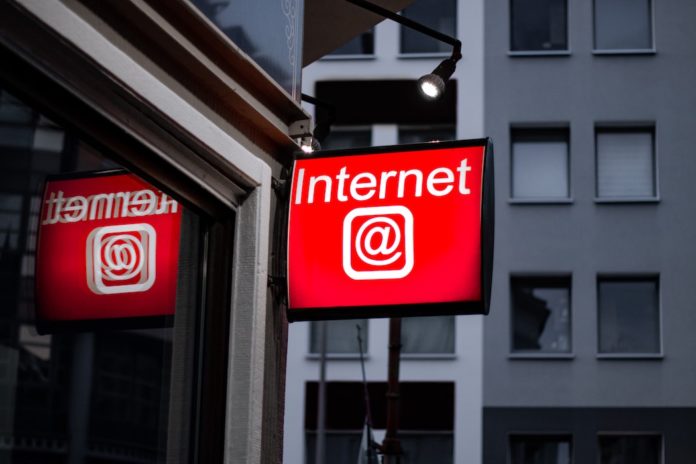Nearly all consumers (96%) in Asia Pacific depend in some way on “Big Tech” companies for their products and services for their online activities, but are uneasy with this dependence, according to the Internet Society.
This year’s Asia Pacific Internet Policy Insights surveyed more than 1,300 people from across 39 economies in the region.
Results show that the largest players are dominating vast swathes of the internet. These include Facebook and Tencent in social networks, Google and Baidu in search, and Amazon and Alibaba in online shopping.
Close to half (47%) of the respondents felt that these big players fully influenced how they accessed and used the internet. The figure shoots up to 95% when those who felt they at least had partial influence are included.
The study notes that the success of these online platforms is linked to convenience and the ease of access to products and services.
Consumers are also keenly aware that they will have a tough time finding alternatives for the services provided by these companies.
Just one out of every 20 respondents believe it would be very easy to find a suitable replacement. And only a third of those surveyed (34%) felt that they had more choices today than they did five years ago.
Despite the current dependence on Big Tech, the majority of consumers in APAC would like to see more choice in the market, with 60% of those surveyed highlighting that they would like to have the ability to choose products and services from more than just five companies.
The top five categories that consumers would like to see more choices in are e-commerce websites, search engines, social media platforms, email providers, and messaging apps.
However, whilst they may wish to see increasing choices, consumers in the region remain unconvinced that smaller alternatives are safe.
Only 16% of those surveyed indicated having high or very high levels of trust for small companies on the internet. This is versus 53% who felt the same about big companies on the internet.
















